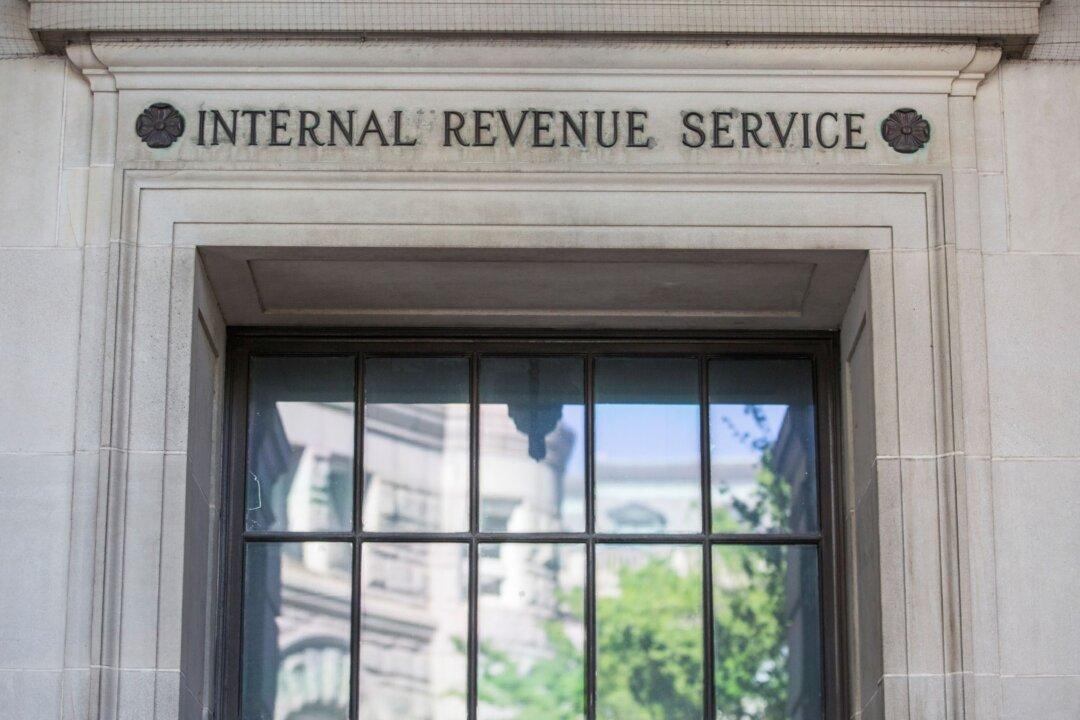Democratic lawmakers have said they plan to raise the threshold of President Joe Biden’s radical proposal that all bank transactions of more than $600 be reported to the Internal Revenue Service (IRS).
The initial proposal (pdf)—which Biden says is aimed at curbing tax evasion—would require banks and other financial institutions to report to the IRS any deposits or withdrawals totaling more than $600 annually to or from all business and personal accounts.




